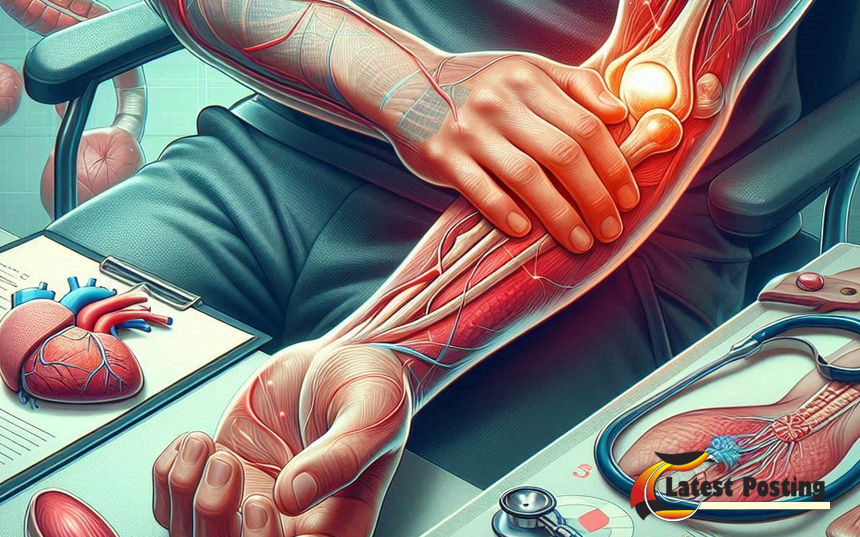Magnesium deficiency may lead to insomnia because magnesium helps increase the level of a neurotransmitter called gamma-aminobutyric acid in the brain, which can promote relaxation and sleep and help relieve sleep disorders. Not only that, a study found that magnesium also helps reduce cortisol , a stress hormone that may keep you awake all night. It may cause also of hypomagnesemia. Let’s know more about Deficient in magnesium.
Eyelid twitching and cramps
When magnesium, vitamin D and other elements are deficient, the “excitability” of nerve endings will increase, thereby stimulating muscles. When nerve endings are overexcite, muscle spasms and cramps will occur. Many elderly people often have leg cramps when sleeping, mainly due to magnesium deficiency. If the body has sufficient magnesium, this situation will not occur, because it has the function of relaxing muscles and eliminating spasms.
Weak bones
The enzymes that process vitamin D require magnesium, and when magnesium intake is insufficient. Vitamin D levels can also be affect, causing bones to become brittle and prone to fractures, and even osteoporosis .

High blood pressure
Magnesium has an impact on inflammation and therefore has various effects on heart health, including blood pressure. One study showed that consuming an average of 368 mg of magnesium per day for three months resulted in lower blood pressure readings.
Easy to get tired
Many people always feel tired, feel miserable at the thought of exercising, and have no energy. This is probably because of magnesium deficiency. Magnesium may promote energy production, make you want to exercise, feel energetic, and reduce lactic acid accumulation and prevent leg cramps after exercise.
Migraine
When magnesium is deficient, the release of neurotransmitters and the contraction of blood cells in the human body will be disrupted, leading to migraines. Usually, patients with migraines have relatively low magnesium intake.
Anxiety and depression
Magnesium can improve the body’s hormone regulation and brain serotonin levels, which is beneficial to blood sugar balance. Brain serotonin is essential for maintaining mood stability, so magnesium deficiency makes people more prone to depression and anxiety.
I suddenly developed a sweet tooth
Developing a strong sweet tooth. If you develop a strong craving for sweets, this could be a sign that you are lacking magnesium, especially if you lose magnesium during menstruation.




